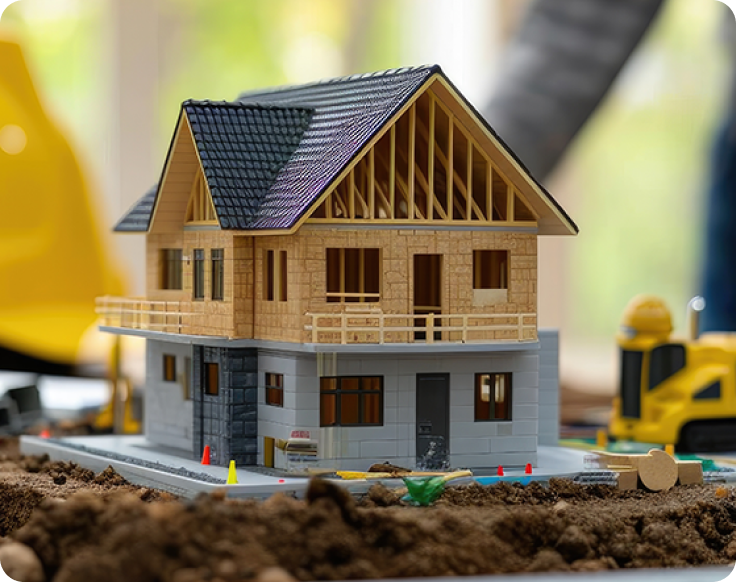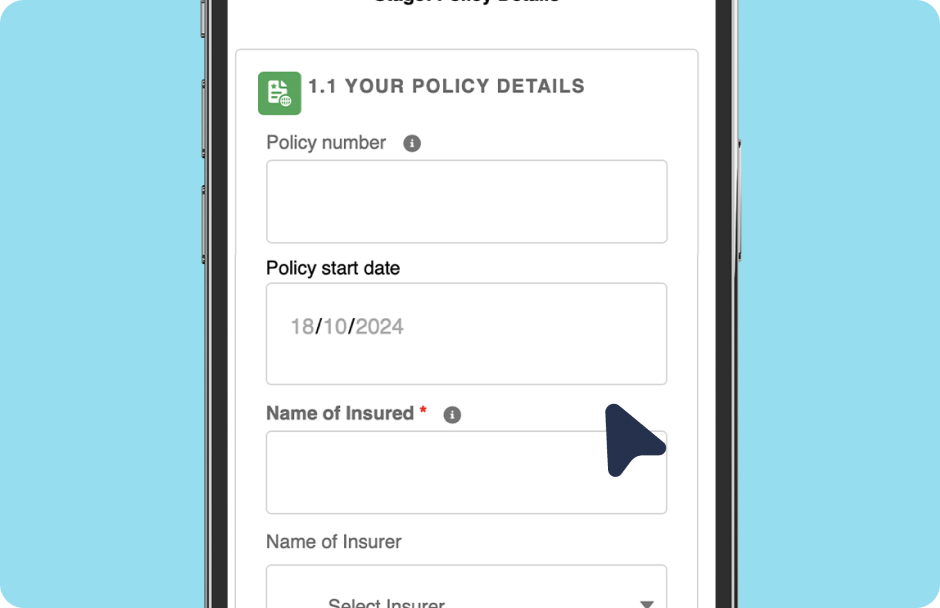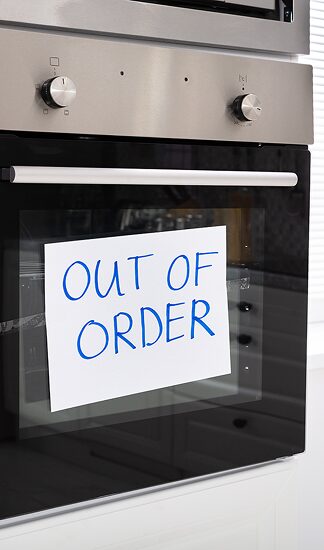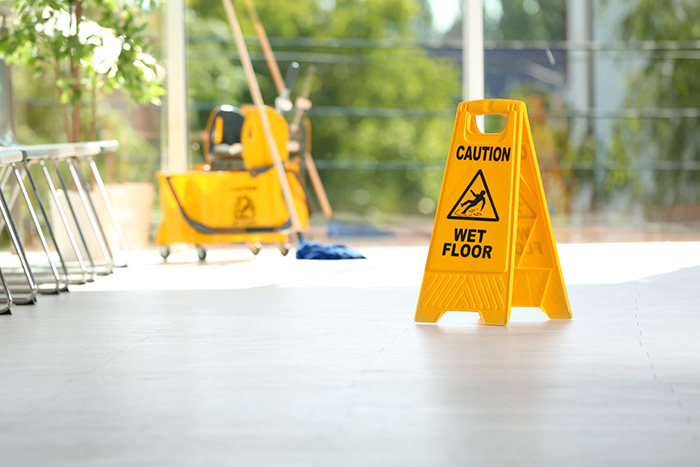Compare quotes from our trusted insurance partners:
What is Building insurance?
Building insurance covers your building if it is damaged by an insured event, such as fire, storm, malicious activity or other event as defined by the policy.

What does Building insurance cover?
Damage to Property
Repair and replacements costs to a property damaged by an insured event
Damage to Fixtures and Fittings
Covers repair or replacement costs for built-in fixtures and fittings damaged by an insured event
Legal & Defence
The legal and defence costs associated with a covered claim
Services to the Building
Covers the cost of services called to the building in the event of damage by an insured event
- Broken machinery
- Damage to the land the property is located on
- Structures such as bridges, tunnels, railway tracks, etc
- Known claims and circumstances
Why might you need Building insurance?
You may need Building insurance to meet legal or contractual obligations.
Purchase a building in a communal commercial block
Pay legal costs if you face a claim.
Meet lender requirements when securing a business loan
Let’s cover your small business on the go
Start a quote to see how much you can save and buy online in minutes.
How much does Building insurance cost?
Building insurance costs can vary based on your business’ size, location, age and other factors. Every business is unique, and so is the type and cost of its policy.
Building insurance costs can vary based on your business’ size, location, age and other factors. Every business is unique, and so is the type and cost of its policy.
Factors influencing cost
Risks of the industry
Cover level amount
Annual turnover
Number of employees
Claims history
Get cover that works with the risks of your business
You can select from different levels of cover.
This is the most you will be paid out if you need to make a claim. Choosing different cover levels may impact the cost of your policy.
Unsure how much to choose? Think about:
Statutory professional requirements
Cover required by contracts
Number of employees being covered
Your contract value
Worst case scenario claim size
Click here to check industry wise average prices
Underinsurance
We know it’s tempting to select a lower level of cover to reduce premiums, but this can leave businesses shocked and insufficiently covered when making a claim.
Ways underinsurance catches business owners out:
Inflation
With inflation, the cost of living and doing business increases. Remember to cover you, your tools and assets for the rising costs of replacing or covering them, not what you paid for them – you may be surprised at the difference.
Not covering the full cost of your risks
If you select cover levels for less than the value you may be found liable – left out of pocket when it comes to claims time. It’s important to review your risks and determine how much you will need to cover any claim that may come your way.
Building insurance costs can vary based on your business’ size, location, age and other factors. Every business is unique, and so is the type and cost of its policy.
Factors influencing cost
Risk of the industry
Cover level amount
Annual turnover
Number of employees
Claims history
Get cover that works with the risks of your business
You can select from 6 different levels of cover.
This is the most you will be paid out if you need to make a claim. Choosing different cover levels may impact the cost of your policy.
Unsure how much to choose? Think about:
Statutory professional requirements
Cover required by contracts
Number of employees being covered
Your contract value
Worst case scenario claim size
Underinsurance
We know it’s tempting to select a lower level of cover to reduce premiums, but this can leave businesses shocked and insufficiently covered when making a claim.
Ways underinsurance catches business owners out:
Inflation
With inflation, the cost of living and doing business increases. Remember to over yourself, your tools and assets for the rising costs of replacing or covering them, not what you paid for them – you may be surprised at the difference.
Not covering the full cost of your risks
If you select cover levels for less than the value you may be found liable – left out of pocket when it comes to claims time. It’s important to review your risks and determine how much you will need to cover any claim that may come your way.
How It Works – Buying Online
5 easy steps to get instant cover online today

Select Profession
Pick Your Covers
Add Business Details
Compare Quotes
Get Covered Online
How To Make a Claim Online
We’ll assist you through the claims process & manage the claim directly with the insurer.

Let us know Fill out our
claims form and provide info
to support the claim
Receive extra support We
will assist you with your claim
Claim results We will notify
you of the claim outcome.

See How Much Others Have Saved By Purchasing a Policy Through BizCover
^ Savings made from January 2024 to April 2025. This information is provided as a guide only and may not reflect pricing for your particular business, as individual underwriting criteria will apply.
Frequently asked questions
If you are the building owner and you hold Building insurance, you are still required to take reasonable precautions for the care, safety, protection and maintenance of your property. If you do not, the insurer may be entitled to reduce the amount that they pay in relation to a claim.
If you own the building from where you operate your business, then Building insurance is designed to cover that building from damage caused by fire, storms, wind or other perils listed within the policy wording. Building insurance also includes cover for things like permanent fittings and fixtures, as well as structural Improvements including fencing, gates, roadways and paths.
Contents insurance covers your business contents or stock if they are damaged in a fire, storm or due to malicious damage or some other defined event listed in the policy.
Building insurance is available if you are the owner of the business premises. If you make a claim your insurer is likely to appoint an assessor to consider the loss and damage and provide a valuation or cost estimate for repairs.
Tenants are generally not able to obtain building insurance. This is usually the responsibility of the landlord or property owner.















Real-life customer reviews verified by Feefo